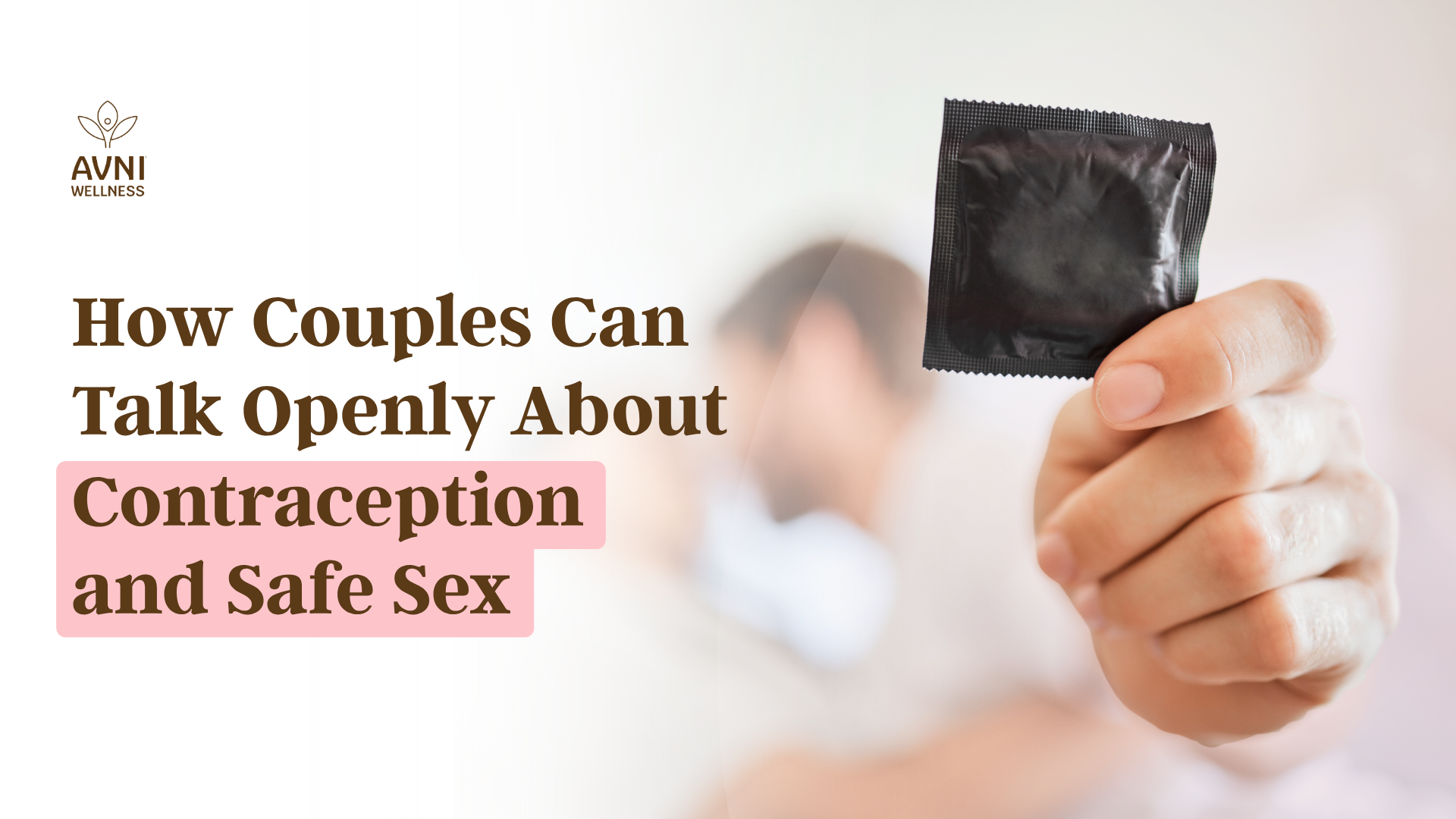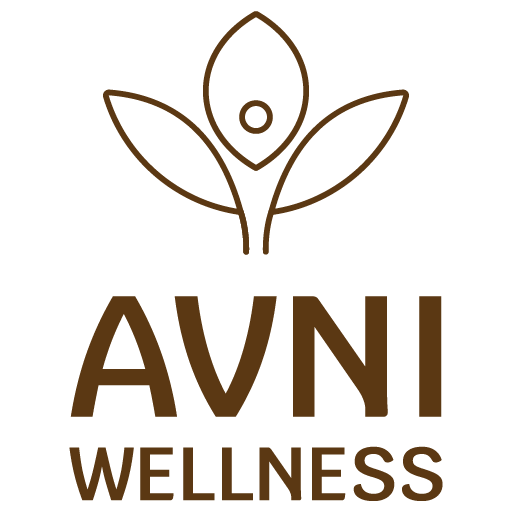
How Couples Can Talk Openly About Contraception and Safe Sex
Talking about contraception and safe sex can be one of the most important — yet often avoided — conversations in a relationship. Whether you’re just starting out or have been together for years, open and honest communication about sexual health builds trust, strengthens intimacy, and ensures that both partners feel respected and safe.
At Avni Wellness, we believe that every couple deserves a space where such discussions are natural, empowering, and stigma-free.
1. Why Talking About Contraception Matters in a Relationship
Contraception isn’t just about preventing pregnancy — it’s about shared responsibility, mutual consent, and protecting each other’s health. When couples discuss contraception openly, they make informed choices together.
It shows care, maturity, and respect for each other’s boundaries and long-term goals. This open dialogue also reduces misunderstandings, ensures both partners feel in control, and helps maintain a healthy sexual relationship.
2. Overcoming the Awkwardness of the Conversation
Let’s admit it — starting the conversation about contraception can feel awkward. Social taboos and discomfort around sexual topics often hold people back.
A great way to ease into it is to create a relaxed, private setting. Use “I” statements to express your feelings rather than placing blame. For example, “I think we should talk about contraception so we both feel comfortable and safe.”
Approaching the topic with care and without judgment helps reduce tension and encourages open sharing.
3. Understanding Each Other’s Contraception Preferences
Every individual has unique comfort levels and preferences when it comes to contraception — whether it’s condoms, birth control pills, IUDs, or natural methods.
Discussing these options helps both partners understand each other’s needs, health concerns, and values. If one partner prefers a particular method, listen actively and discuss any pros, cons, or side effects openly.
At Avni Wellness, we encourage couples to make joint decisions rooted in mutual respect and awareness.
4. Safe Sex: Protecting Your Health and Your Relationship
Safe sex is about more than physical protection — it’s about emotional safety, trust, and care. Using protection such as condoms reduces the risk of sexually transmitted infections (STIs) and unwanted pregnancies.
Regular health check-ups and STI testing can also be a part of your shared routine, ensuring transparency and care for each other’s wellbeing. Safe sex practices show that both partners prioritize health and respect equally.
5. Tips for Honest and Respectful Communication
Healthy conversations about contraception depend on honesty and empathy. Here are a few tips to help:
-
Listen without judgment or interruption.
-
Avoid making assumptions about your partner’s past or preferences.
-
Use open-ended questions like “What are your thoughts on using contraception?”
-
Be supportive and considerate about health-related concerns or side effects.
Remember, the goal isn’t to “win” a discussion but to find a common ground that works for both.
6. Common Challenges Couples Face and How to Tackle Them
Many couples face barriers like embarrassment, fear of conflict, or differing opinions on birth control methods. Some might feel one partner is more responsible for contraception than the other.
To handle these challenges, focus on understanding each other’s perspectives. Avoid blame, and if needed, seek guidance from a trusted healthcare provider or counselor. Recognizing that this is a shared journey helps turn challenges into opportunities for deeper connection.
7. Making Contraception a Shared Responsibility
Contraception should never fall on one partner alone. Shared responsibility means both partners participate in decision-making, purchase, and use of contraception.
It also means checking in regularly — contraceptive needs and comfort levels can change over time. When both partners are equally involved, it fosters respect and balance in the relationship.
8. When to Seek Professional Advice
If you’re uncertain about the best contraception option or struggling with communication, don’t hesitate to consult a healthcare professional.
Doctors, gynecologists, or sexual wellness experts can help you understand your options, side effects, and health compatibility. Sometimes, having an expert’s input removes confusion and helps couples make confident, informed choices.
9. Building a Healthy, Open Dialogue About Sexual Health
Open dialogue about sexual health isn’t a one-time conversation — it’s an ongoing part of a healthy relationship.
Couples who regularly talk about sexual health, comfort, and consent tend to have stronger emotional connections. Encourage each other to keep the conversation alive, honest, and evolving as your relationship grows.
10. Conclusion: Empowering Couples Through Communication
At Avni Wellness, we believe that talking about contraception and safe sex is an act of empowerment, trust, and love.
When couples approach this topic with empathy and openness, they create a safe space for honesty and mutual respect.
Remember — healthy communication is the foundation of a healthy relationship. So, take that first step together and make conversations about sexual wellness as natural as any other aspect of your relationship.



Leave a comment
This site is protected by hCaptcha and the hCaptcha Privacy Policy and Terms of Service apply.